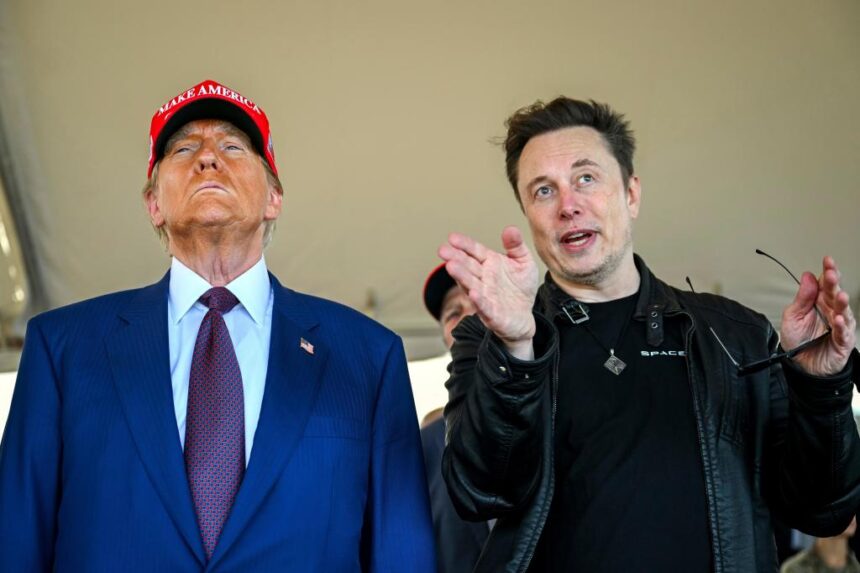President-elect Donald Trump’s billionaire ally Elon Musk made headlines this week for his role in derailing a bipartisan funding proposal that could have prevented a government shutdown. Musk took to social media to voice his objections to the 1,547-page omnibus bill, raising concerns about congressional salaries, federal funding, and public health preparedness.
One of Musk’s key objections was misinformation about a supposed 40% raise for lawmakers included in the bill. However, the actual maximum pay increase would have been 3.8%, according to the Congressional Research Service. Musk also shared false claims about the bill providing $3 billion in funding for a potential new stadium for the NFL’s Washington Commanders, despite the fact that no such funding was included in the legislation.
In another post, Musk incorrectly alleged that the bill was funding bioweapon labs, when in reality, it was providing funds for biocontainment research laboratories to conduct biomedical research for emerging infectious diseases. Musk’s dissemination of misinformation drew criticism from some members of Congress, with Rep. Dan Crenshaw urging Musk to fact-check his sources before sharing information.
Ultimately, a new Trump-backed bill was rejected in a hastily convened Thursday evening vote, with the House failing to reach a consensus on a spending deal. This turn of events echoes Trump’s past actions leading to government shutdowns during his first term, highlighting the potential impact of individuals like Musk on government decisions.
As the political landscape continues to evolve, Musk’s influence and his willingness to challenge traditional norms could set the stage for a new era of government interactions. It remains to be seen how Musk’s actions on social media will shape future policy decisions and government operations.
The original article was published on December 20, 2024, at 3:20 PM MST.








